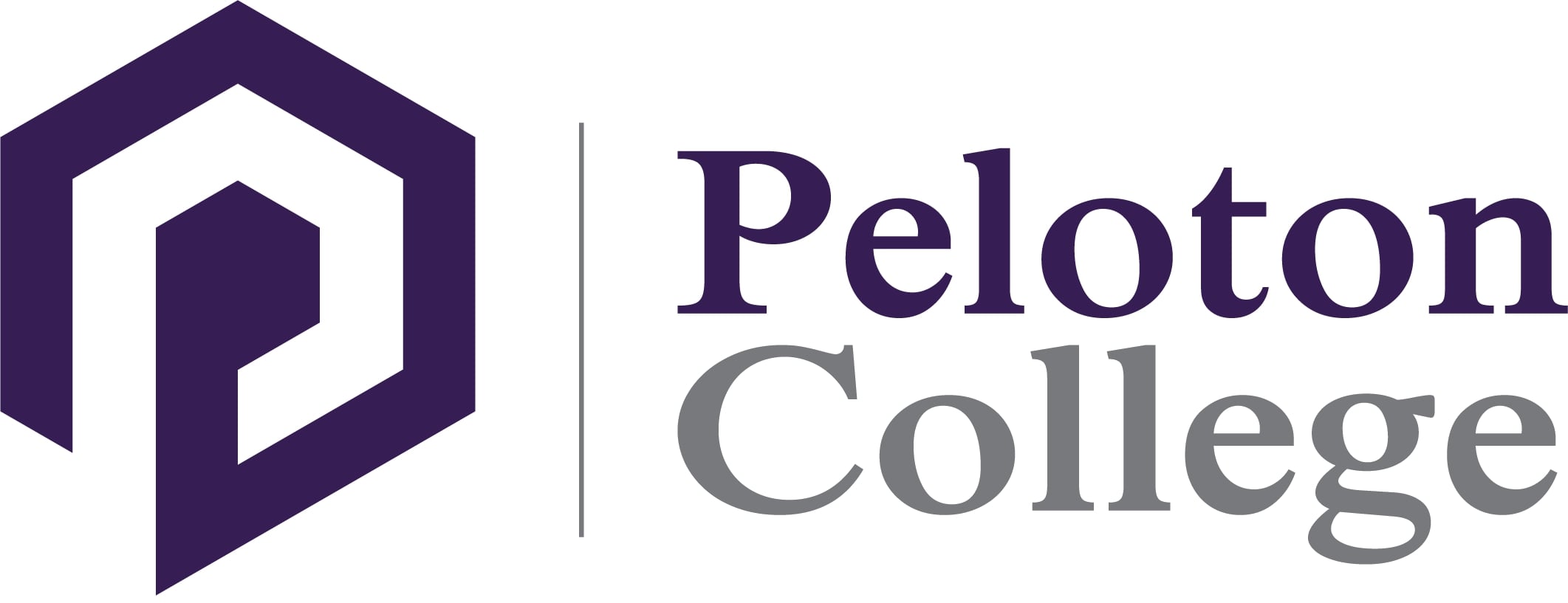What is an Electronic Health Record (EHR)?

Are you interested in technology and medicine?? If so, then becoming a medical billing and coding specialist may be the right career path for you. You get to help others without direct patient care. It is all the benefits of a healthcare role without the clinical responsibilities. So, what is an electronic health record (EHR)?
What Is an Electronic Health Record (EHR)?
The electronic health record (EHR) is a digital collection of a patient’s electronically stored information. The electronic health records are held in a central database for the patient’s providers to access. An electronic health record is a digital compilation of a patient’s entire medical history. Stored in a computer or in the cloud, it holds information including:
- Demographics
- Diagnoses
- Immunization record
- Allergy list
- Medication profile
- Vital signs
- Progress notes
- Care plans
- Diagnostic test results
- Radiographic images
- Administrative and billing data
What’s the Difference Between an EMR and EHR?
While some use the terms Electronic Medical Record (EMR) and Electronic Health Record (HER) interchangeably, there are a few distinctions. The main distinction is that EMRs are only accessible by one physician’s office. Whereas EHRs are available to a patient’s entire medical team. The main reason for the two versions of medical records is confidentiality. Some medical information is too sensitive to allow everyone to see, just the physician and a few other people that have consent from the patient. Leaving the non-sensitive medical information for the electronic health record.
The Benefits of Electronic Health Records
There are many benefits in using electronic health records. From helping improve patient outcomes and better collective patient care to improving public health surveillance and everything in between, the use of electronic health records is important for the best patient health outcomes.
Better Health Outcomes
Electronic health records can be used to improve patient outcomes. Having more medical information will offer a doctor an opportunity to make better diagnosis and treatment decisions. Seeing a trend of vital signs and contributing disorders will help a physician make a better treatment plan for a patient.
Teamwork
In the past, using paper records made it hard to collaborate on a patient’s overall health. Physicians relied on referrals and faxes to make the right treatment decisions. Now every physician, nurse and medical assistant can access the same medical information and offer collective patient care. When the entire medical team has access to electronic health records, the patient gets the best care possible.
Vitals and Medical History Tracking
Nothing is more important than understanding vital signs, allergens, medical history and other historical patient health. Knowing the overall trend of vital signs and understanding the patient’s history, the physician can make the best diagnosis and treatment. An electronic health record can easily be stored in the cloud for easy access. Anyone that has an appointment with the patient can see what labs have been requested, what medications the patient takes and much more about the patient’s health.
Understand the Needs of Patients
It can be hard for physicians to follow up after a patient appointment. With the help of electronic health records, physicians can follow up with patients to make sure their health is improving and to answer any questions they may have. Physician’s offices can even create a list of patients that need vaccines and contact them to make an appointment. Electronic health records make it much easier for physicians to monitor patient outcomes.
Transfer Paper Records to Digital
In the past, there was a dedicated staff that focused on filing paper medical records, mailed, and faxed referral information or just transcribed by hand physician’s notes about a patient. This took a lot of extra time and resources. With electronic health records, medical staff can save time and spend more of the facilities budgets on the patient care rather than file storage.
Abide by HIPAA Guidelines
Paper records can be hard to secure and keep confidential. It can be easy to see paper medical records and hard to keep them confidential. HIPAA guidelines help keep sensitive patient information secure and electronic health records supports these guidelines. When medical records are in a database, only the staff with the right password can access the records. Keeping the medical records secure and confidential.
Less Medical Errors
In the past, medical errors were more common. However, electronic health records has helped lower error rate by offering a complete picture of a patient’s health history. Whether it is a list of allergies, health history, vital signs or medical notes that are easier to read, electronic health records can make it much easier for physicians, nurses, and medical assistants to make fewer errors, and save lives in the process.
Implement Public Health Surveillance
If COVID has taught us anything, it is that electronic health records help improve public health surveillance. In the past, it would hard to see community health trends and understand vaccination rates. With the help of electronic health records, government agencies can access medical information digitally and make better decisions for the health of our communities.
How Do You Become a Medical Billing and Coding Specialist?
A great way to become a medical billing and coding specialist is by attending a vocational school program. At Peloton College, we prepare you for a rewarding career in healthcare. We help lay the foundation of knowledge and skills that you can build upon throughout your healthcare career.
Our class sizes are smaller, so you get extra attention from instructors. All of our instructors have experience in medical billing and coding. They also know exactly what you need to succeed in this role. Our programs offer both lectures and hands-on experience in medical billing and coding.
In addition to lectures and hands-on experience, we also offer career services. Our career services staff helps you build a strong resume, prepare you for interviews, and find the job that matches your passion. We have strong ties with the community and often learn about new jobs even before the general public.
Final Thoughts
Want to join the frontlines and support your local community as a medical billing and coding specialist? If you answered yes, then consider learning more about Peloton College. Start a career and help others at the same time. It’s a win-win.
Want to Learn More?
The Medical Billing and Coding training program at Peloton College provides students vital knowledge in Medical Terminology and Understanding Health Insurance Claims and prepares students to be able to work with and maintain electronic health record systems in the health care industry. Graduates of this Medical Billing and Coding training program will also be eligible to sit for the Certified Electronic Health Records Specialist (CEHRS) Certification or the Certified Billing and Coding Specialist (CBCS) Certification.
The mission of Peloton College is to be the premier provider of hands-on training and education by providing students and graduates with the necessary skills to secure occupational careers. Contact us today to learn more.



